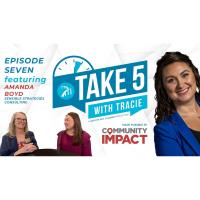Take 5 with Tracie featuring Amanda Boyd: Sensible Strategies for Small Business Finance
Take 5 with Tracie featuring Amanda Boyd: Sensible Strategies for Small Business Finance
I'm Tracy Kamenoff with the Greater EMC Chamber, and in this installment of Take 5 I sat down with Amanda Boyd of Sensible Strategies Consulting to talk about what small business owners really need to succeed: financial clarity, repeatable processes, and the right networks. Amanda launched Sensible Strategies a little over a year ago to bring practical financial tools to entrepreneurs who know their craft but struggle with the numbers.
Who is Amanda Boyd and what is Sensible Strategies Consulting?
Amanda explained that Sensible Strategies isn't her first business—it's about her fourth—yet it grew out of a long career of self-employment and hands-on experience. She created the firm to help small-business owners who excel at their service or product but need someone to translate the financial side into actionable steps.
Her mission is simple: give business owners the financial clarity to make confident decisions about hiring, purchasing equipment, and paying themselves—without needing to hire a $300,000-a-year CFO.
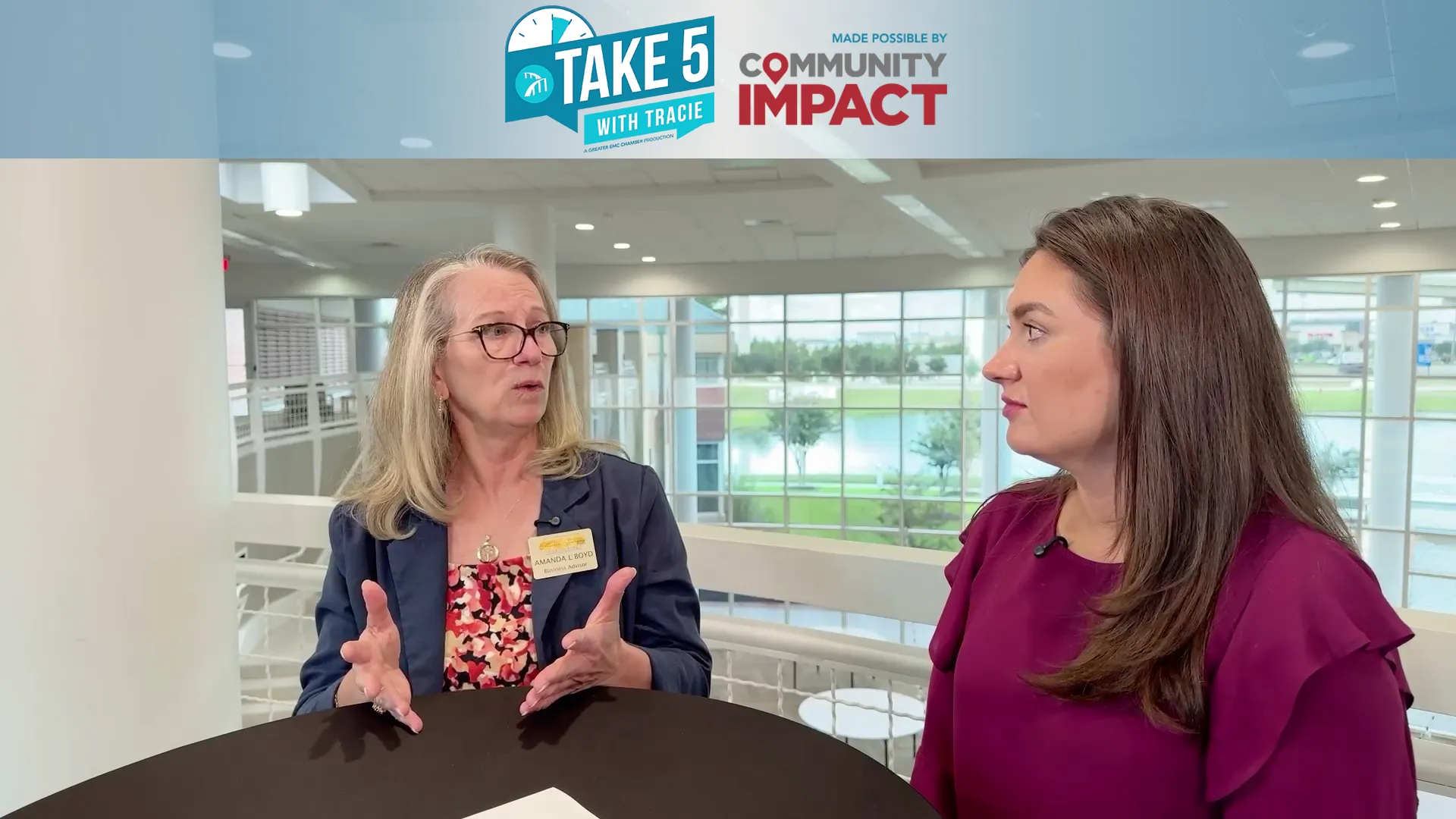
Why financial clarity matters for small businesses
Amanda pointed out that roughly 99% of businesses are classified as small businesses (the technical threshold she mentioned is under $50 million in revenue, while she personally focuses on businesses under $1 million and up to $5 million). The key message: even smaller businesses need finance acumen to avoid mistakes and unnecessary debt.
"Without good financial clarity, they can make mistakes, they can fall into debt, they can have all kinds of struggles." — Amanda Boyd
Common risks without clear finances
- Poor timing on purchases or hires
- Inability to forecast cash needs
- Difficulty paying the owner back for investments
- Missed opportunities due to lack of data
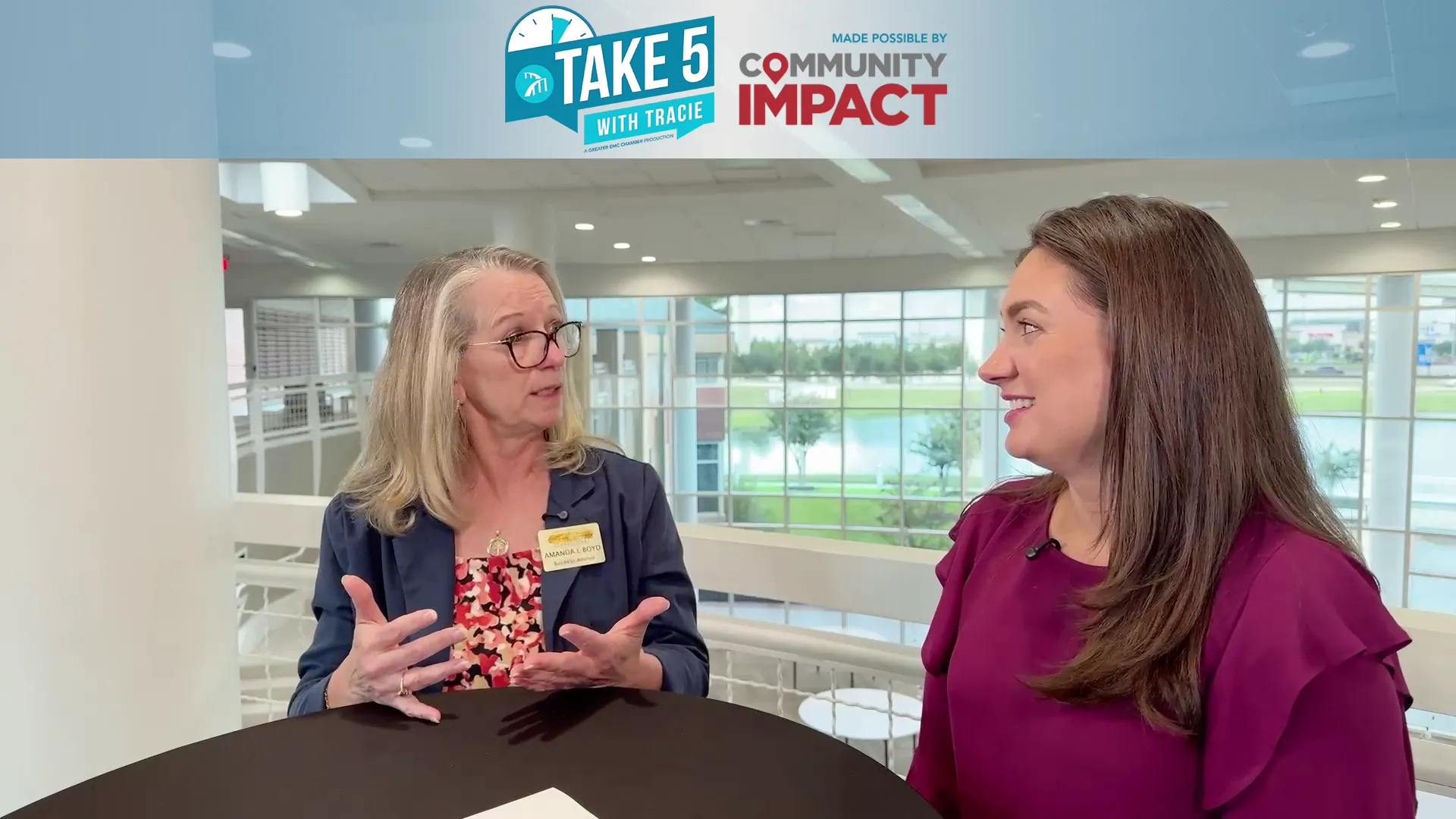
The one-month budget that scales to a year
Amanda walked me through the practical tool she uses most: building a one-month budget and rolling it out over 12 months to create a cash flow spreadsheet. This is a deceptively powerful approach because it translates the chaos of day-to-day operations into a predictable financial model.
From that model, business owners can answer practical questions like:
- Can I buy that piece of equipment, or should I rent?
- When can I hire another person?
- How long before I recoup my investment and pay myself back?
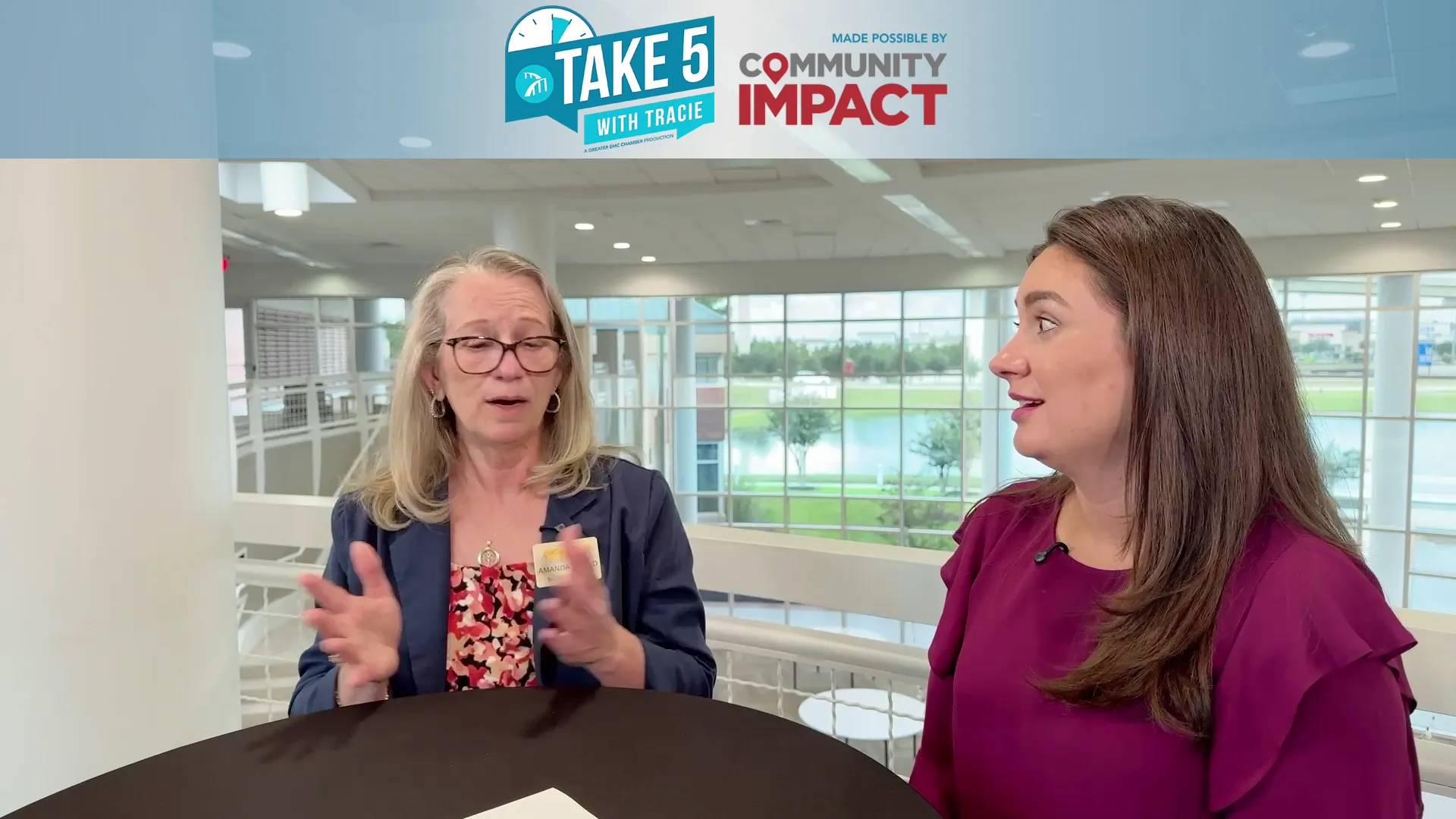
How Sensible Strategies helps: bookkeeping plus planning
While Amanda acknowledges that accurate bookkeeping and accounting are essential, her firm layers on budget-building, forecasting, and decision support. That combination moves a company from reactive to proactive: instead of scrambling when cash is tight, owners can plan purchases, hires, and investments with confidence.
Growth, networking, and the power of showing up
Amanda told me Sensible Strategies started gaining momentum around month six. Early on she was building tech and processes and doing steady outreach. Joining the Chamber turned out to be a game-changer—most of her clients have come through in-person networking and community connections rather than purely online channels like LinkedIn.
Her takeaway: people do business with those they know and trust. The personal touch—showing up at events, participating in the local business community—was more effective than her initial digital-only plan.
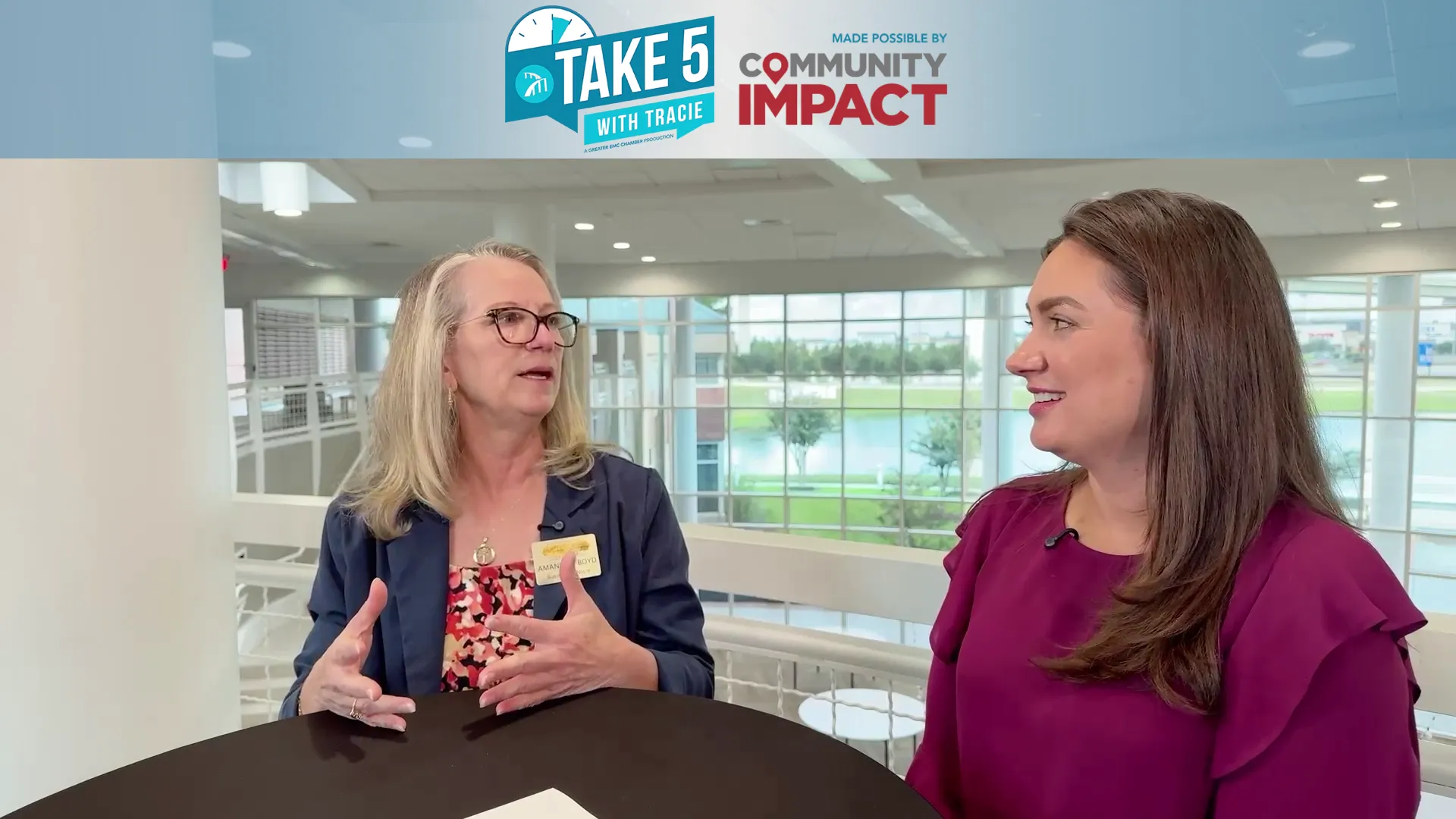
Lessons from bodybuilding: repetition builds results
One of my favorite moments was when Amanda connected her early experience with bodybuilding to business: you have to do the reps. Whether it's sales, marketing, or financial routines like reconciling and updating a budget, repetition builds discipline and long-term results.
"That thing about bodybuilding that it teaches you is you gotta do the reps." — Amanda Boyd
Actionable steps for small business owners
If you're running a small business and want to bring order to your finances, try these practical steps based on Amanda's approach:
- Make sure your bookkeeping is accurate and up to date.
- Create a one-month detailed budget (revenues and expenses).
- Scale that month into a 12-month cash flow forecast.
- Use the forecast to test buying equipment, hiring, and investment timing.
- Show up in your local business community—relationships drive referrals.
Conclusion — keep adding value
In short, financial clarity doesn't have to be intimidating. With basic bookkeeping, a one-month budget rolled into a cash flow forecast, and regular financial check-ins, small business owners can make smarter decisions and grow with confidence. Amanda's Sensible Strategies Consulting offers hands-on help for owners who want that clarity without hiring an expensive CFO.
If you want to keep learning with us, follow the Greater EMC Chamber on Facebook, Instagram, LinkedIn, and YouTube. As I always say: keep adding value and making a difference.
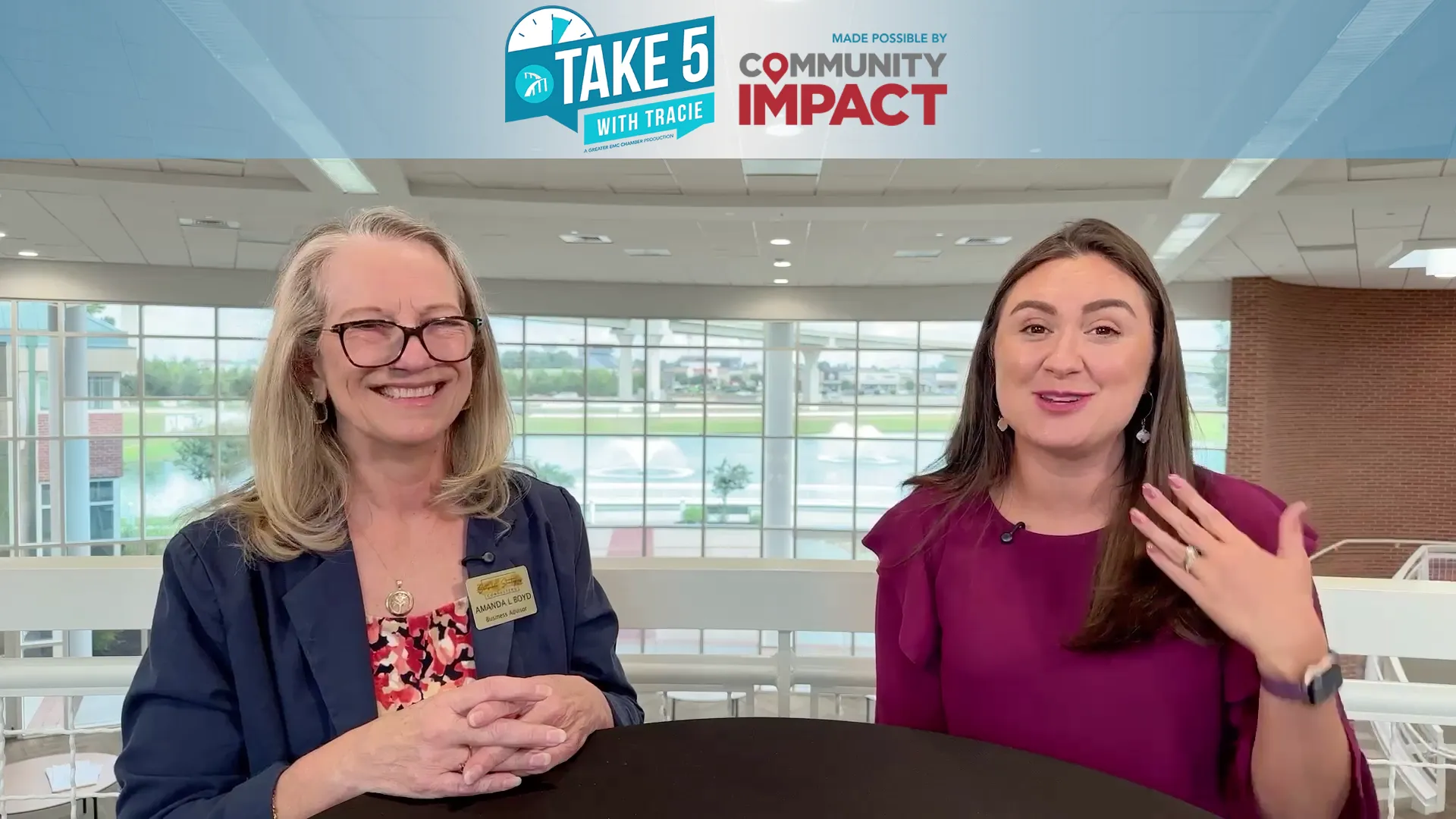
-
Tracie Kamenoff Director of Events & Marketing
- August 17, 2025
- (281) 354-0051
- Send Email

